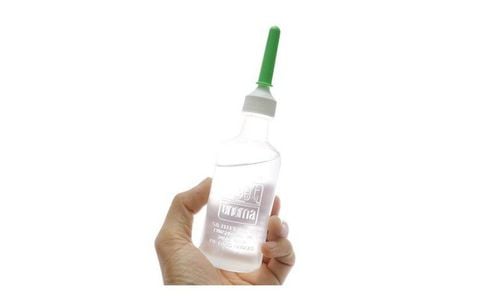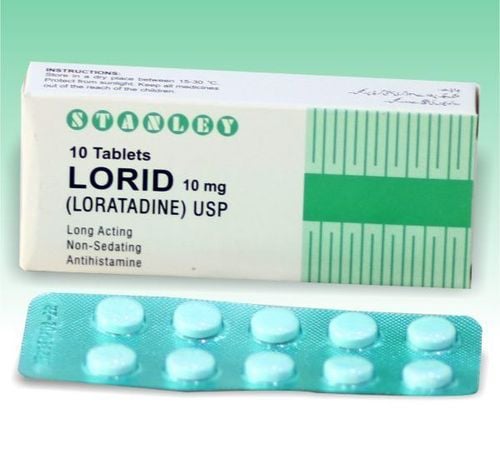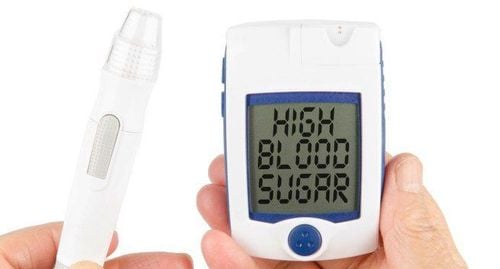This is an automatically translated article.
Apricot is used as a dietary source of vitamins and minerals, and is also indicated in the treatment of cancer. What are the uses of Apricot?1. What does Apricot do?
Apricot, also known as apricots, is used as a dietary source of vitamins and minerals. Apricot medicine is effective in the treatment of a number of conditions such as:Cough Constipation Asthma Vaginal infections Besides the above uses, Apricot medicine can also be used to treat a number of other diseases that are not listed. listed above. Therefore, before using the drug, consult your doctor for advice and effective use of the drug.
2. How to use Apricot
Apricot is taken orally. Dosage of Apricot will depend on the condition and age of the patient. Use Apricot regularly to get the most benefit. To use this medicine safely, take Apricot exactly as directed by your doctor, do not use it more often, smaller or longer than prescribed. Absolutely do not arbitrarily increase the dose of the drug or abuse the drug for too long for a long time. This not only makes the condition better, but also increases the risk of unwanted effects.
3. Unwanted effects when using apricot
Some unwanted effects may occur when using Apricot such as cyanide poisoning and death from eating apricot kernels. Therefore, it is necessary to use Apricot medicine properly. Before prescribing a medication, doctors always weigh the benefits and effectiveness of Apricot more than the risk of side effects. However, some cases when using Apricot may still occur unwanted effects. Therefore, when unusual symptoms occur, especially when a severe allergic reaction occurs with accompanying signs such as difficulty breathing, severe dizziness, rash, swelling or itching of the face, throat, tongue,... In this case, the patient should immediately notify the medical staff for immediate intervention.
4. Some notes when using Apricot
Some notes when using Apricot include:
Inform your doctor about a history of allergy to Apricot or any other allergies. Apricot may contain ingredients that don't work and cause allergic reactions or other serious problems. Report any medications you are taking including prescription and nonprescription drugs, herbs and supplements, foods, dyes or preservatives. Take the missed dose as soon as possible. However, if it is almost time for the next dose, skip the missed dose and continue taking the medicine as scheduled. Do not arbitrarily add more than double the dose of the drug than the treatment regimen. Using an overdose of Apricot can cause serious symptoms such as nausea, vomiting, abdominal pain, weakness,...
5. Drug interactions Apricot
Drug interactions can decrease the effect of Apricot, or increase the effect of unwanted effects. Tell your doctor about all other medicines you are taking including vitamins, over-the-counter medicines, prescription drugs, and herbal products. Do not stop, start, or change the dose of any medicine without your doctor's consent without your doctor's consent.
6. How to store Apricot
Store Apricot at room temperature, protected from light and away from moisture. Do not store Apricot in a humid place or in the freezer. Different medicines will have different storage methods, so read the instructions on the packaging for Apricot medicine carefully, or ask your pharmacist. Keep Apricot out of the reach of children and family pets. When the medicine has been damaged, it cannot be used anymore or has expired, please dispose of the medicine according to the correct procedure.
In summary, Apricot is used as a dietary source of vitamins and minerals, in addition to being indicated in the treatment of cancer. However, Apricot can cause some unwanted effects and drug interactions, so tell your doctor what medications you are taking to reduce the risk of side effects and increase effectiveness. for the treatment.
Please dial HOTLINE for more information or register for an appointment HERE. Download MyVinmec app to make appointments faster and to manage your bookings easily.













